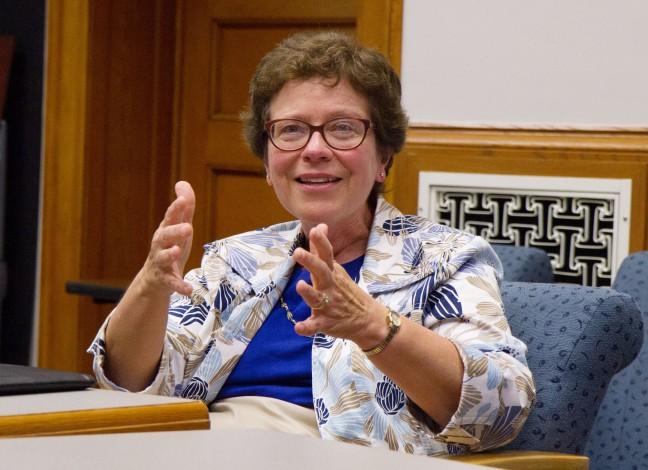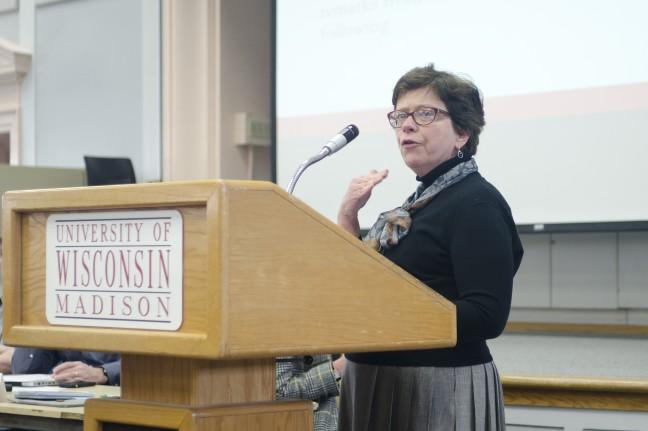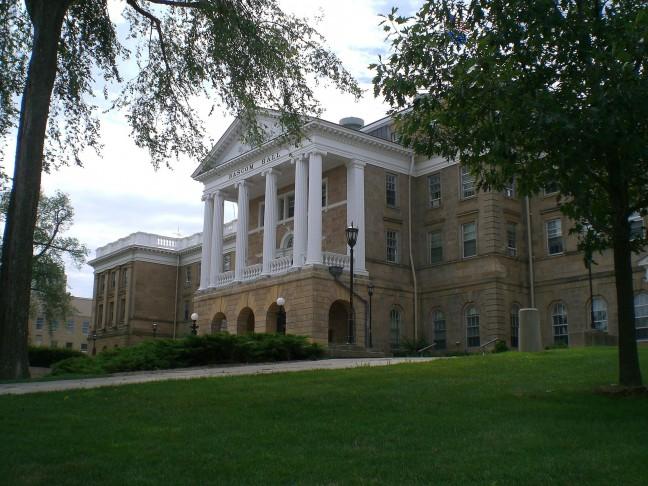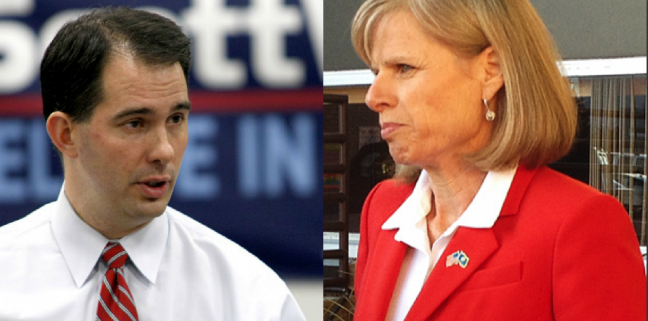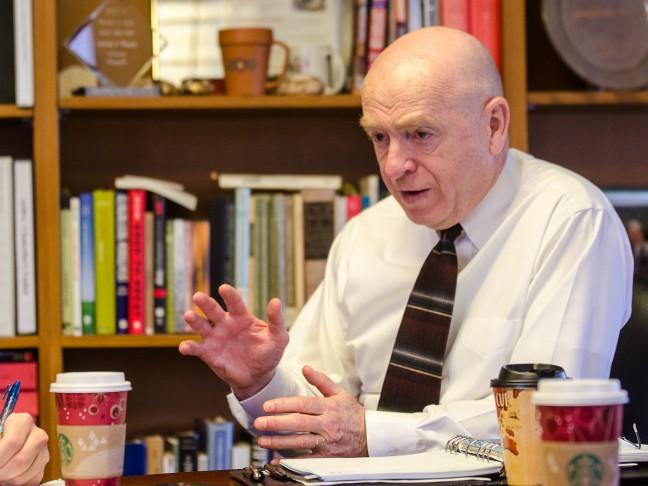Along with the hope of increased flexibility and autonomy, the proposed New Badger Partnership may make it easier for the University of Wisconsin-Madison to add new degree programs, according to university officials.
Noel Radomski, director of the Wisconsin Center for the Advancement of Postsecondary Education, said the increased freedom could speed up the design and delivery of degree programs that better suit the needs of students, faculty and community.
Radomski added UW could also see an increase in the number of internships and co-ops with other schools nationally and internationally.
Jocelyn Milner, director of the Office of Academic Planning and Analysis, agreed with Radomski’s assessment that the new public authority model would remove some of the red tape UW currently has to deal with when adding new programs.
“One of the things we have done is to start talking about how we will handle new program requests if the public authority is granted,” Milner said.
Milner said the topic of how new programs will be created is tentatively on the agenda for the University Academic Planning Council’s April 24 meeting.
Under the current policies, when UW proposes a new program it must face review by all other 13 campuses in the UW System, Milner said. The Board of Regents must then approve the program.
Milner added the process normally takes about six to eight weeks.
Milner said she believes they will keep most of the current policies in place so they can make a transition to the new Board of Trustees established in Gov. Scott Walker’s biennial budget.
Milner said they could streamline the process for graduate programs because the current review systems are geared towards undergraduate programs.
Another way the New Badger Partnership can help UW streamline its academic programs is to allow the school to cut unpopular and old programs, Radomski said.
However, Milner said UW does not need the Regents’ approval to remove a degree program; it simply must report eliminated programs.
In fact, according to a University Academic Planning Council report, UW had 47 fewer degrees in 2010 than it did in 1994.
“We have a pretty well-established process for looking at programs that have low amounts of degrees and students,” Milner said. “We ask the deans to comment on the status to make sure they are still valuable programs.”
Milner added the process is mostly invisible. So far this year, a doctoral program in medical genetics and an undergraduate major in recreation resource management were eliminated.
During the 2009-10 academic year, masters in science, a Ph.D. in environmental monitoring and a bachelor of science in clinical laboratory science were also eliminated.
When students are still enrolled in a program that is eliminated, the faculty and school provide a “teach out” plan to let the students complete the program, and admission is closed off to new students, Milner said.
Milner said institutions that have so many programs like UW have to pay attention to make sure they are all in robust academic health.
She added just because a program is small in size does not mean it should be eliminated.
“There are a lot of programs that are unique to UW-Madison that are fairly small, and we do want to keep them,” Milner said.








